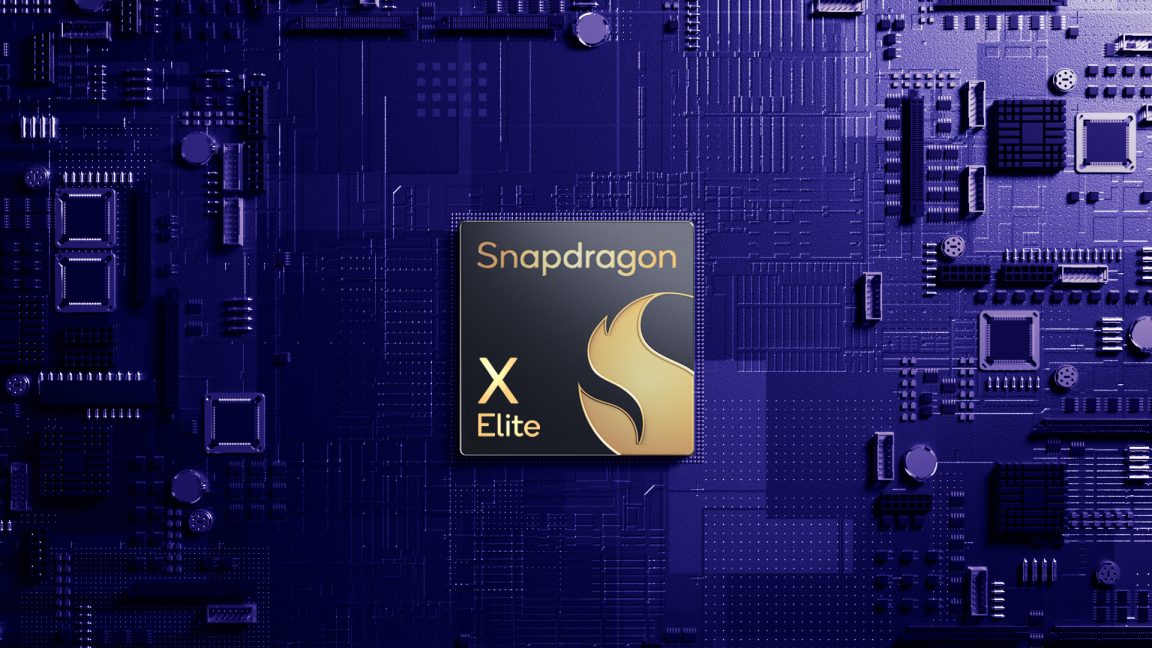On Thursday, a large group of university and private industry researchers unveiled Genesis, a new open source computer simulation system that lets robots practice tasks in simulated reality 430,000 times faster than in the real world. Researchers can also use an AI agent to generate 3D physics simulations from text prompts.
The accelerated simulation means a neural network for piloting robots can spend the virtual equivalent of decades learning to pick up objects, walk, or manipulate tools during just hours of real computer time.
“One hour of compute time gives a robot 10 years of training experience. That’s how Neo was able to learn martial arts in a blink of an eye in the Matrix Dojo,” wrote Genesis paper co-author Jim Fan on X, who says he played a “minor part” in the research. Fan has previously worked on several robotics simulation projects for Nvidia.









